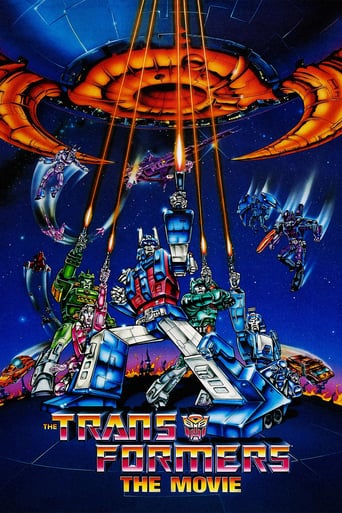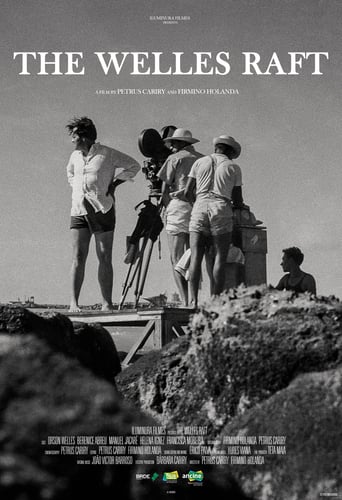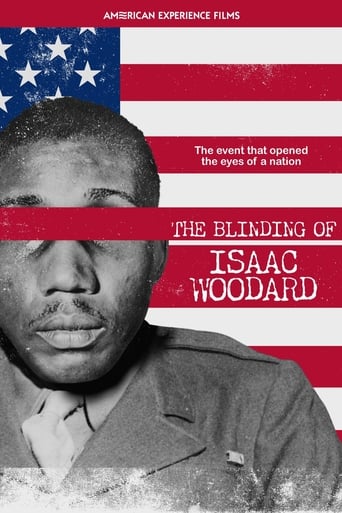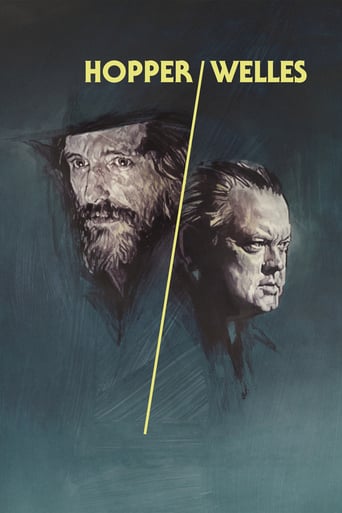
Orson Welles
Birthday: 1915-05-06 | Place of Birth: Kenosha, Wisconsin, USAGeorge Orson Welles (May 6, 1915 – October 10, 1985), best known as Orson Welles, was an American film director, actor, theatre director, screenwriter, and producer, who worked extensively in film, theatre, television and radio. Noted for his innovative dramatic productions as well as his distinctive voice and personality, Welles is widely acknowledged as one of the most accomplished dramatic artists of the twentieth century, especially for his significant and influential early work—despite his notoriously contentious relationship with Hollywood. His distinctive directorial style featured layered, nonlinear narrative forms, innovative uses of lighting such as chiaroscuro, unique camera angles, sound techniques borrowed from radio, deep focus shots, and long takes. Welles's long career in film is noted for his struggle for artistic control in the face of pressure from studios. Many of his films were heavily edited and others left unreleased. He has been praised as a major creative force and as "the ultimate auteur." After directing a number of high-profile theatrical productions in his early twenties, including an innovative adaptation of Macbeth and The Cradle Will Rock, Welles found national and international fame as the director and narrator of a 1938 radio adaptation of H. G. Wells's novel The War of the Worlds performed for the radio drama anthology series Mercury Theatre on the Air. It was reported to have caused widespread panic when listeners thought that an invasion by extraterrestrial beings was occurring. Although these reports of panic were mostly false and overstated,[2] they rocketed Welles to instant notoriety. Citizen Kane (1941), his first film with RKO, in which he starred in the role of Charles Foster Kane, is often considered the greatest film ever made. Several of his other films, including The Magnificent Ambersons (1942), The Lady from Shanghai (1947), Touch of Evil (1958), Chimes at Midnight (1965), and F for Fake (1974), are also widely considered to be masterpieces. In 2002, he was voted the greatest film director of all time in two separate British Film Institute polls among directors and critics, and a wide survey of critical consensus, best-of lists, and historical retrospectives calls him the most acclaimed director of all time. Well known for his baritone voice, Welles was also an extremely well regarded actor and was voted number 16 in AFI's 100 Years... 100 Stars list of the greatest American film actors of all time. He was also a celebrated Shakespearean stage actor and an accomplished magician, starring in troop variety shows in the war years.
Known For
Acting
Role
as Unicron (voice)
as Himself (Archive Footage)
as Himself (Archive footage)
as Himself (archive footage)
as Self
as Self (archive footage)
as Self - Filmmaker / Various Roles (archive footage)
as Self
as Russ Brewer
as Self (archive footage)
as Self (archive footage)
as Himself (Archive Footage)
as Self
as Judge Rauch
as Presenter / Narrator (voice)
as Narrator (voice)
as Narrator
as Himself - Host
as Narratore
as Henry F. Potter
as Narrator
as Parklawn Mortuary (voice)
as Host
as Narrator (voice)
as Narrator / Nag / Chuchundra (voice)
as Narrator
as Self - Host





